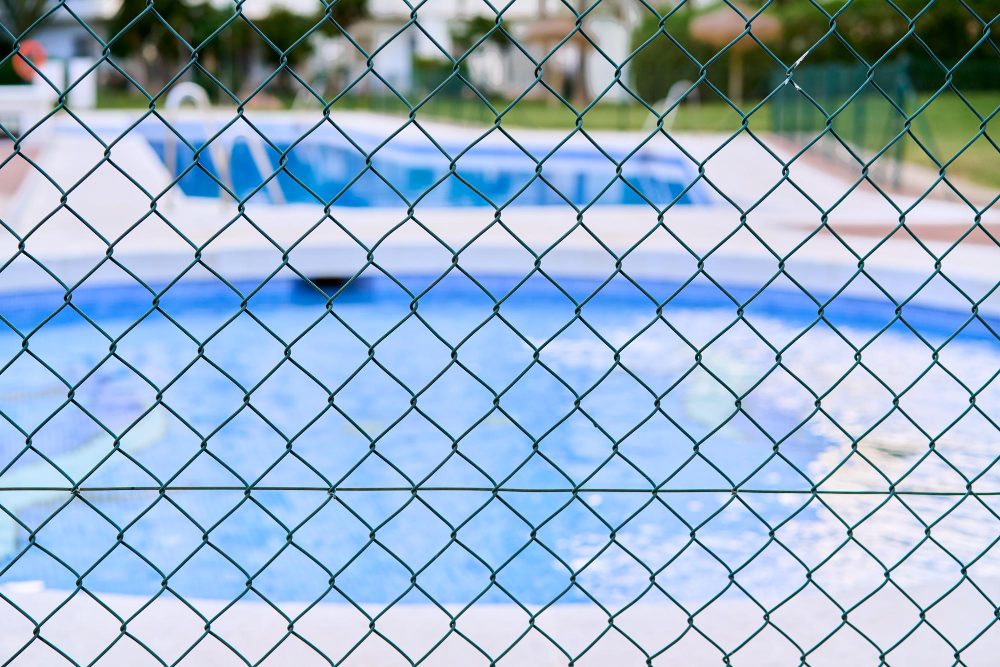What You Need to Know Before Installing a Swimming Pool Fence

A swimming pool might be a great addition to your home, but it comes with some safety responsibilities, especially if you have children or pets. A proper swimming pool fence can help keep your loved ones safe and secure around the water. However, installing a pool fence is not something you should take lightly. There are several things to consider before making your final decision. In this article, we'll be discussing some of the things you need to know before installing a swimming pool fence.
1. Legal codes and regulations
Before you start installing a pool fence, you need to make sure you are complying with the relevant safety codes and regulations in your state. Some states require pool fences as a legal requirement, while others do not. It's best to check with your local authorities before starting any installation to ensure compliance and safety for your family and guests.
2. Fencing Materials
There are different types of fencing materials available, from wood, aluminum, glass, and mesh. Each material comes with its advantages and disadvantages. For instance, wooden fences are affordable and provide privacy, but they require maintenance and can be prone to rot and decay. Aluminum fences, on the other hand, are sturdy, durable, and low-maintenance, but they can be more expensive. Consider the pros and cons of each fencing material before making your final decision.
3. Height and Size of the Pool Fence
The height and size of your pool fence will depend on several factors such as the type of material used, the age of your kids or pets, and the local regulations. Generally, the pool fence should be at least four feet tall, and the gaps in the fence should be small enough to prevent children or pets from slipping through. You should also consider the size of the pool area and the surrounding landscape when deciding on the fence's width and design.
4. Aesthetics
While safety is the primary concern when installing a pool fence, you should also consider its impact on the overall aesthetics of your property. Nowadays, there are various pool fence designs that combine safety and style, such as glass fences, wrought iron, or decorative metal fences. You can choose a fencing style that complements your home's architecture and matches your backyard design.
5. Maintenance and Durability
Finally, you should consider the maintenance and durability of your pool fence. A good swimming pool fence should last several years and require minimal maintenance. However, some fencing materials such as wood may need regular staining, sealing, and repair. Aluminum fences, on the other hand, are rust-resistant, low-maintenance, and can last for decades. Consider buying a pool fence that requires minimal upkeep, so you can have more time to enjoy your pool.
Conclusion
A swimming pool fence is an essential safety feature that every pool owner needs to consider installing. By complying with legal regulations, choosing the right material, considering the height and width, and ensuring the fence's durability and aesthetics, you can ensure your family and friends' safety while enjoying your pool. At Masters Fence Contracting, we offer professional fencing installation services in Jacksonville, FL, and surrounding areas. If you're looking for fencing contractors in Jacksonville, FL, contact us today to get your free quote and have a pool fence installed in your home.